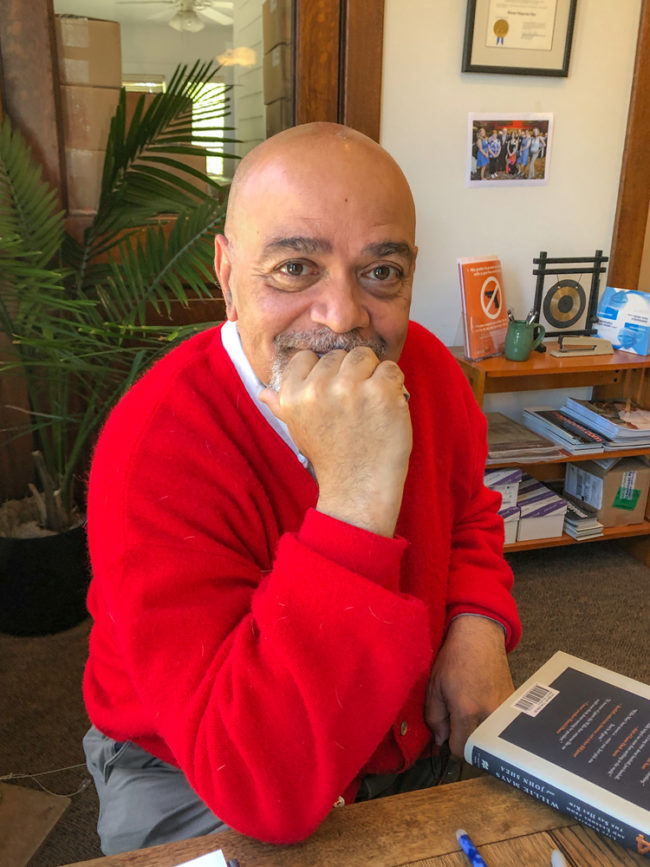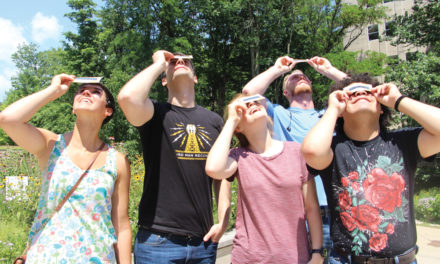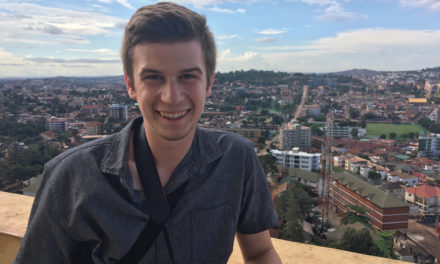
by WILLIAM MORRIS
Building Thriving and Compassionate Community Implicit Bias Trainer
Implicit bias is described by the National Institutes of Health as a form of bias that occurs automatically and unintentionally, but nevertheless affects judgments, decisions, and behaviors.
For many years now, efforts have taken place to help Monroe County address, confront, and fight Indiana’s often woeful history of discrimination and poverty. Among the many efforts presently taking place in Bloomington is an organization called Building Thriving and Compassionate Community (BTCC). BTCC is made up of both group representatives and individuals— all committed to addressing the root causes of social problems. This is done in part by the BTCC Implicit Bias Community of Practice (IB CoP) which opens dialogues about how biases— especially implicit biases—create inequities in our community.
“No matter how well-intended a person may be, many of our assumptions about the world are based in emotion rather than fact,” says the BTCC’s Stephanie Solomon, a prevention coordinator for the Youth Services Bureau of Monroe County. BTCC seeks to offer individuals and organizations opportunities to address the community conditions shaped by bias and reduce bias in policy and practice.
For example, to make orchestras more diverse and inclusive, many orchestral auditions require that musicians perform behind a curtain. Prior to instituting these blind auditions, orchestras were overwhelmingly male. “This is a simplistic example,” Solomon says. “But it illustrates how unconscious bias embedded in individuals can create inequity of opportunity.” BTCC, she says, aims to create spaces where individuals and organizations can talk more freely about the impact of bias and what we can do to address it.
BTCC trainers come from a variety of backgrounds, including education, social work, and law. “Each of us has faced biases in our lives, be it race, gender identity, disability, or other forms of discrimination. Our goal is to help Bloomington identify and eradicate the impacts of bias,” says Solomon.
BTCC’s Implicit Bias Community of Practice was formed after Solomon and others attended a multi-session workshop at the Peace Learning Center in Indianapolis. Led by Dr. Rita Cameron-Wedding, a longtime instructor in the area of implicit bias, the training “inspired all of us to see how implicit bias is deeply embedded in our language, our culture, and our entire way of moving through the world,” Solomon says.
At present, BTCC IB CoP trainings help participants define and better understand where implicit biases come from and how biases and assumptions are part of our human instincts. One training module focuses on research findings that human minds develop associations as early as two years old. These associations define survival, fight, or flight instincts. For example, a young child who is bitten by a dog can harbor a lifelong fear of animals. Childhood biases develop about people too, including people of different races, ethnicities, and religions. However, the inculcation of these fears can be less dramatic than a dog bite; our assumptions can result from the biases of our family members, from our faith community, our neighbors, the media. “Then,
our minds make associations—sometimes harmful ones—that we carry into our adult lives,” says Solomon. Unfortunately, she adds, these associations often find their way into organizational policies that affect how people are treated.
In the last few years, BTCC’s IB CoP has held trainings for many organizations in Bloomington, including WonderLab Museum of Science, Health and Technology, Bloomingfoods, and radio stations WFHB-FM and WFIU-FM. They’ve held trainings in Columbus and Terre Haute, too.
“Our goal is to begin looking at discrimination through the lens of bias and empowering organizations and individuals to create environments that invite belonging,” Solomon says. “We know we can’t change the world with training alone; however, we can share tools and strategies to mitigate bias and build community.”
William Morris, known around town as Brother William, is a civil rights lawyer in Bloomington, a deacon in the Episcopal Church, and host of Soul Kitchen on WFIU-FM.















